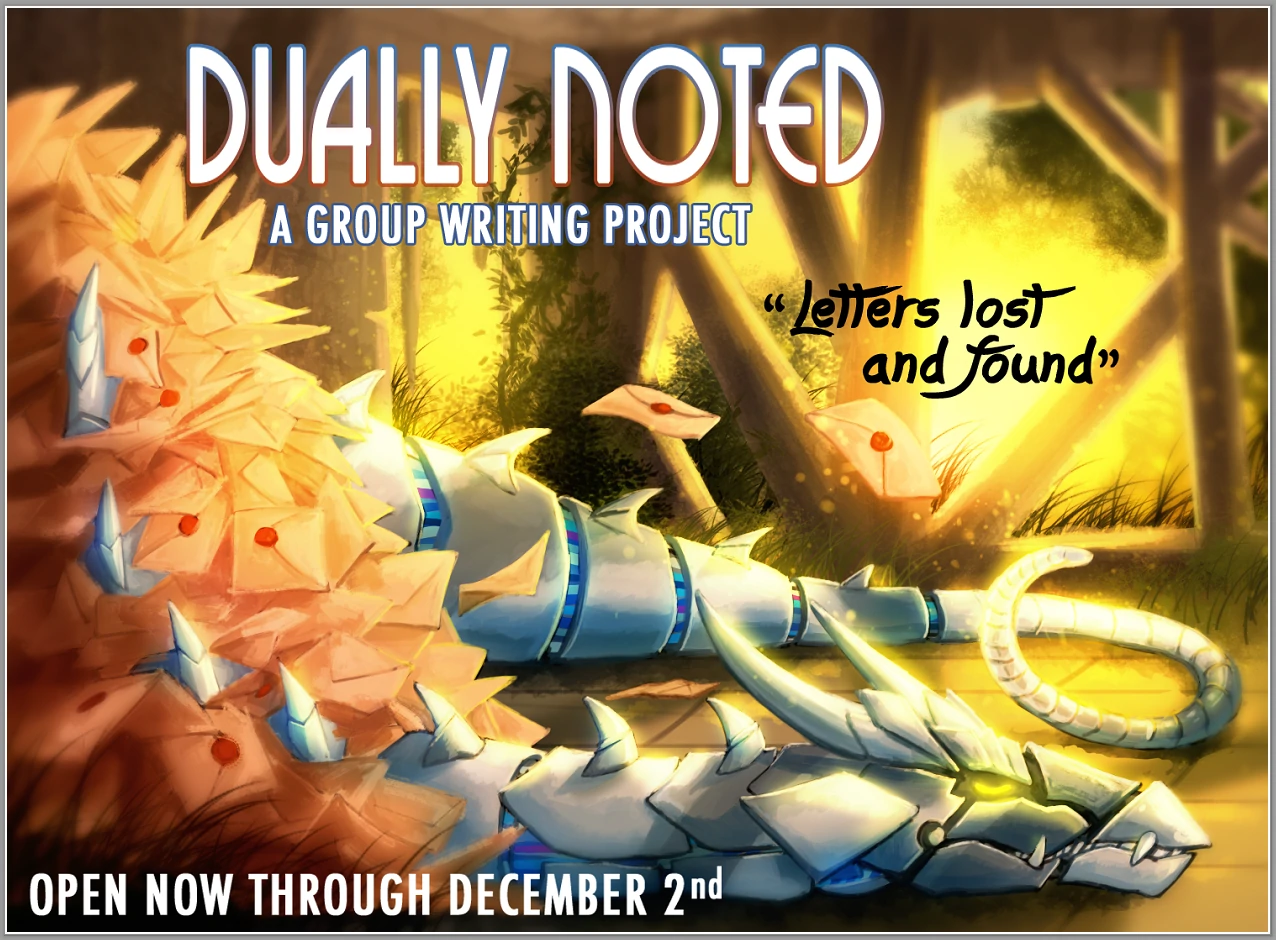
Choose your letters carefully
Words By Sinéad Beverland, Art By Hailey Renee
Whenever I walk into a room, he leaves. We exchange no words. Not even a glance in each other’s direction. After several weeks, this dance has become second nature to us. He now sleeps in the spare bedroom. Our teenage kids no longer ask questions.
On Friday morning, the sun creeps in slowly through the kitchen window, making promises it won’t keep. It shines on the sink, piled high with dirty dishes, food encrusted on the once smooth white surface of the plates. Crumbs and coffee stains speckle the countertop. I can’t bear to look. For too many years, I’ve been expected to do everything. I stopped when I realised I had become the maid.
I eat breakfast quickly, cleaning my own bowl before returning it carefully to the cupboard. Walking into the hallway, I’m unable to stop myself from robotically straightening the rug. As I reach into the cupboard for my coat, something falls to the floor, and I momentarily contemplate leaving it there. Bending down, I pick up a tub of magnetic letters, long since abandoned by my fifteen-year-old daughter. Their bright, enticing colours bring a forgotten smile to my face, and I’m eight years old again. Returning to the kitchen, I attach the following letters to the fridge door: clean the dishes
That evening, I’m home later than usual. The house is unusually peaceful. He is out. The kids are at their friends. I walk into the kitchen. The dishes are still piled high in the sink. I turn and see that he has added words to the fridge door—your turn
Annoyed, I instinctively I lift my hand, ready to send his letters scattering. But I stop myself mid-swipe. Glancing towards the tub of leftover letters, I smile and reach my hand inside. My fingers swirl until I find an “o” tangled amongst a raft of consonants. I lift it out and place it carefully under his “n.”
your turn
o
That night, I sleep better than I have in years.
The following morning, at precisely two minutes past eight, I peel back the duvet, exposing my bare skin to the cold air of the room. I lay silently, basking in the joy of doing nothing. Half an hour later, when I enter the kitchen, the dishes are still putrefying in the sink, and the letter “w” has appeared on the fridge.
your turn
o
w
Days ago, I would have been livid. But not now. I take my time selecting more letters, pulling apart those that have magnetised together. After caressing the solid shapes between my fingers, I add “hat” to our ever-growing crossword puzzle.
your turn
o
what It may be childish, but I’m not backing down. My heartbeat quickens as I leave the kitchen, pleased that these letters have found a new purpose after being abandoned by my children’s sticky, wet fingers. It just goes to show that there’s a second life in all of us, even when we think there’s not.